The team
Current members
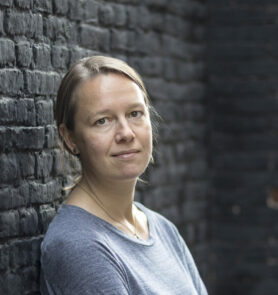 Annemarie Kalis – Project leader
Annemarie Kalis – Project leader
Annemarie is an associate professor in Theoretical Philosophy. Her areas of expertise are philosophy of psychology (in particular agency, normativity, and reasoning), action theory, and philosophy of mind. In 2009 she defended her dissertation on the phenomenon of akrasia. In 2014 she obtained a NWO-VENI grant for a research project on the metaphysics of psychological attitudes, and since 2019 she coordinates a five-year NWO-VIDI project on the question of what it means to shape our own action space.
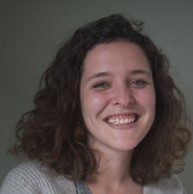 Josephine Pascoe – Ph.D. Student
Josephine Pascoe – Ph.D. Student
Josephine’s research interests revolve around the issues of how social and cultural factors shape and influence our cognition and the nature of human normative behaviors. They include situated cognition, the evolution and development of coordination and cooperation, and moral psychology. Her aim within the project is to develop a situated account of self-control that highlights its social and linguistic aspects. In particular, she is exploring the idea that narrativity is, first and foremost, an exercise of agency, rather than an identity-defining activity.
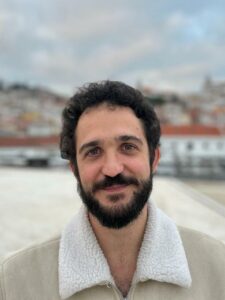 Miguel Núñez de Prado – Postdoc
Miguel Núñez de Prado – Postdoc
Miguel Núñez de Prado (he/him) is postdoctoral researcher. His research interests lie at the intersection of the philosophy of psychology, the philosophy of psychiatry, and clinical psychology. His work mainly focuses on the concept and treatment of mental health conditions from a broadly situated perspective, connecting non-descriptivist views of the mind with functional-analytic and post-cognitivist models in psychotherapy. Within the VIDI project, he investigates the clinical benefits of situated conceptions of self-control compared to traditional internalist and intellectualist approaches.
He has a mixed background in psychology and philosophy. He holds a PhD in Clinical and Health Psychology (Autonomous University of Madrid, 2022) and a MA in Logic and Philosophy of Science (University of Salamanca, 2016). He previously worked as a researcher at the Autonomous University of Madrid and the University of Granada.
Rosa Rooduijn – Research Assistant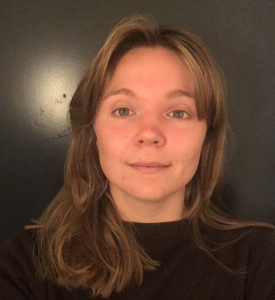
Rosa Rooduijn graduated from the RMA Philosophy programme at the Universiteit van Amsterdam in 2022. Her main area of interest is philosophy of psychiatry. She is specifically focused on the relation between mental disorders and responsibility. Next to this, she works as a philosophy teacher in primary education, whereby she explores the ways in which philosophical questions can be made understandable to children. Within the project, she focuses on developing an educational program that can articulate the central themes of the project to children in the age of 9 to 12.
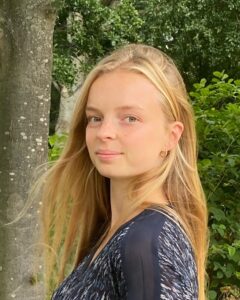 Cato Benschop – Research Assistant
Cato Benschop – Research Assistant
Cato Benschop is illustrator and a second-year RMA Philosophy student at Utrecht University. In Cato’s work, drawing and text are combined to express philosophical ideas. For the VIDI project, she will develop a graphic novel that visually explains the main subjects and topics of their research. Next to this drawing endeavour, Cato will study one of her main research interests: psychological etiologies of behaviour. Specifically, she aims to understand whether and how the perspective of situated cognition can contribute to the study and treatment of eating disorders.
 Miguel Segundo Ortin – Affiliated Researcher
Miguel Segundo Ortin – Affiliated Researcher
Miguel’s main aim is to understand cognition from an embodied and situated perspective. To achieve this, he draws from the resources of ecological psychology and enactivism, as well as pragmatist and phenomenological traditions in philosophy. Other research interests include studying minimally cognitive agents (e.g., plants), the nature of skilled action, and the relationship between culture and cognitive development. Miguel worked as a Postdoc Researcher in the VIDI project from 2020-2022, and is now a Ramón y Cajal research fellow in the Philosophy Department at Universidad de Murcia (Spain), and a member of the Minimal Intelligence Lab (MINT Lab).

